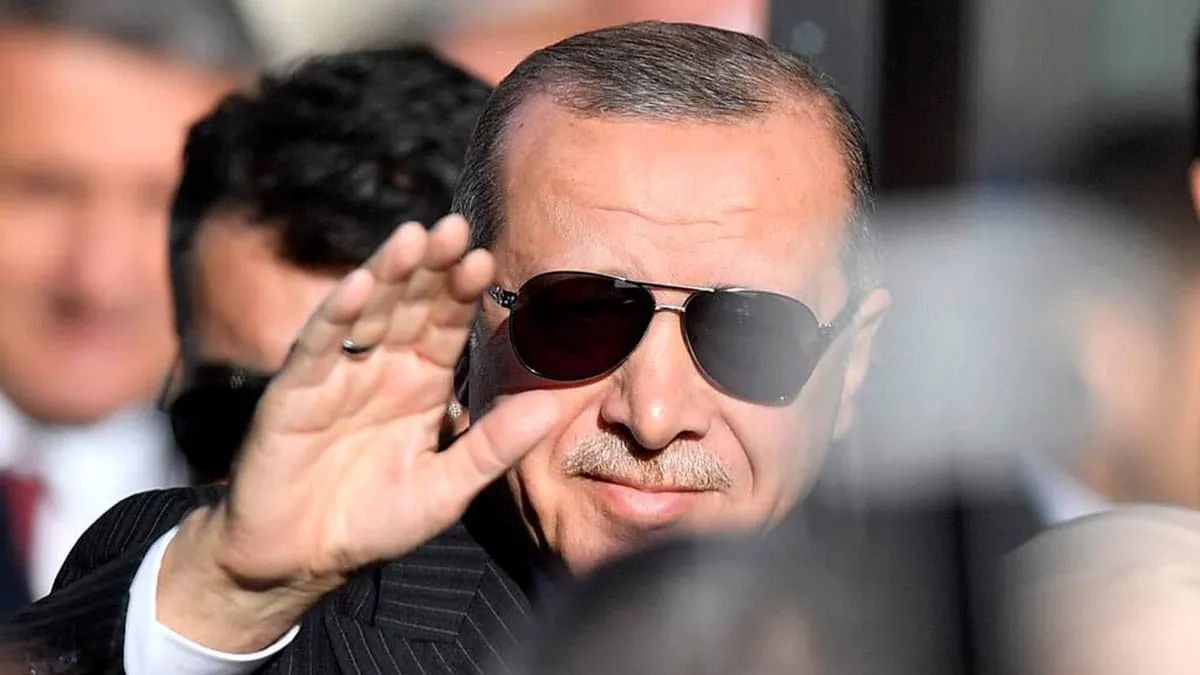Turkey's Transformative Path: Erdogan's Diplomatic Strategy

Turkey's Return to the Arab League
Turkey has re-engaged with the Arab League after over a decade, marking an important step in its diplomatic strategy.
Re-establishing Relations
- Erdogan's attendance signals a thaw in ties with key nations like Egypt and Saudi Arabia.
- Economic interests drive Turkey's renewed approach to regional cooperation.
Engaging with the European Union
Following a five-year hiatus, Turkey's foreign minister attended meetings in Brussels, indicating a desire to mend relations with the EU.
Challenges and Opportunities
- Strained relationships due to human rights issues remain a concern.
- Turkey's role in migration management offers the EU a compelling reason to cooperate.
Turkey's Balancing Act: NATO and BRICS
Erdogan navigates relationships within NATO while seeking closer ties with BRICS, illustrating Turkey's multifaceted foreign policy.
Strategic Realignment
- This dual approach could complicate Turkey's international relations.
- Potential membership in BRICS raises questions about global alliances.
Prospective Relations with Syria
In a notable change, Erdogan has hinted at possible discussions with Assad, focusing on Syria's stability and refugee issues.
Domestic Pressures
- Internal challenges in Turkey drive diplomatic recalibrations.
- Engaging with Assad may offer solutions to rising domestic tensions.
The Path Forward
Turkey's strategic pragmatism under Erdogan emphasizes its ambition to reshape its global role through strengthened ties and regional cooperation.
This article was prepared using information from open sources in accordance with the principles of Ethical Policy. The editorial team is not responsible for absolute accuracy, as it relies on data from the sources referenced.